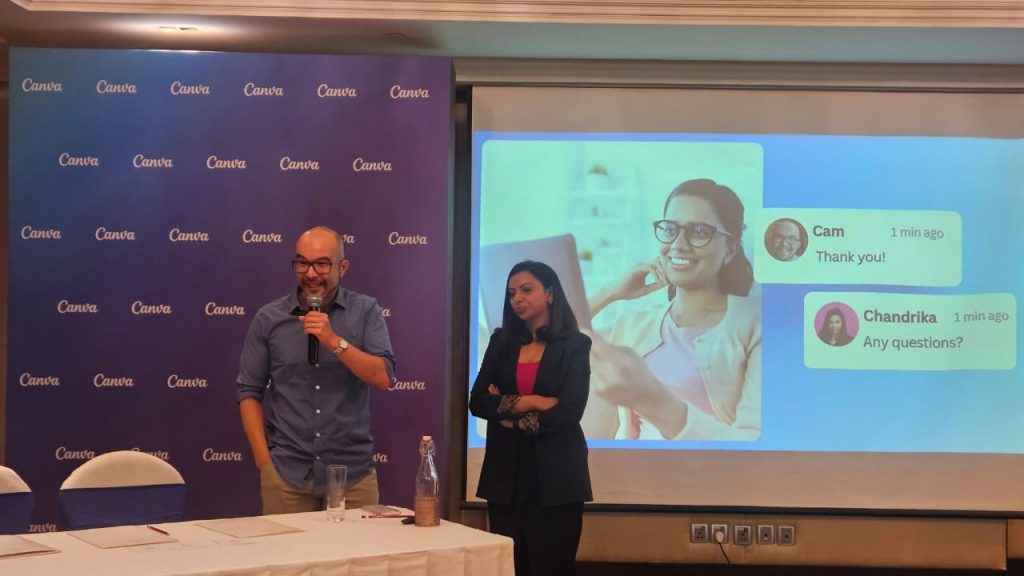
- Home
- Managed Services
- Cyber Security
- Blog
- About Us

We 365 Admin Support, just simplify your IT problems
Call for a free support. +91 96666 59505Platform Partnership
- Who We Help
- Shop
- Contact
- News





HIGHLIGHTS
Table of Contents
ToggleAs artificial intelligence continues to revolutionize image and video generation, it is paving the way for enhanced accessibility in content creation. Current AI technologies empower users to craft and edit visuals simply through textual prompts, streamlining everyday tasks and creative endeavors. Yet, this progress comes with rising concerns surrounding user privacy and potential copyright infringements. The discourse around how AI interacts with user data has frequently stirred considerable debate in recent times.
Amid this evolving backdrop, it’s essential to consider Canva’s position. With its extensive suite of AI-driven tools, how is Canva addressing user privacy while also utilizing AI to foster creativity and innovation?
In a recent interview with Digit, Cameron Adams, Co-founder and Chief Product Officer of Canva, outlined a three-step approach that the company is implementing to safeguard users and ensure the copyright-free nature of the generated content.
First and foremost, Canva maintains a firm stance on user data: it does not utilize any user content for the purposes of training its AI model without the user’s consent. Users have complete control over their information. Adams emphasized, “By default, user-generated content is exempt from being used for training AI models. Users interested in contributing can choose to participate in our beta program, but this participation is based on their explicit consent.”
For those who opt into the AI training initiative, a rewards system is in place. Adams elaborated, “Participants can share their creative works for AI training and receive compensation for their contributions. Approximately 1.5 years ago, we rolled out a Creators Fund allowing those who opt in to share their work, thus enabling them to earn royalties.”
For additional insights, refer to this link: iPhone SE 4 launch date revealed? Tim Cook teases upcoming Apple product
Adams also highlighted a significant commitment from Canva, stating that the initiative has set aside $200 million for the AI creators fund, which will distribute payouts over a period of three years. “We are proud to be among a select few companies providing such revenue opportunities,” he mentioned.

Addressing concerns regarding copyright, Adams assured users that Canva Enterprise subscribers are protected from any legal disputes related to copyright for AI-generated content. “Those utilizing Canva Enterprise can create images and text without fearing potential copyright liabilities. They can create with confidence, knowing they will not incur any costs associated with copyright or legal issues in the future,” he stated.
Are there plans for new free AI tools in the near future?
With a staggering user base of 200 million monthly active users, of which only 24 million are paid subscribers, it’s clear that the majority of Canva’s users benefit from the platform’s free offerings. When questioned about potential new AI features for free users, Chandrika Deb, Canva’s Head for India, responded, “As of now, we are focusing on strategizing the features we will be launching. While we do provide some free credits, users must find them beneficial before they can decide to upgrade to a subscription.”
Furthermore, Deb emphasized that video editing is a significant growth area for Canva, especially given that India is one of the platform’s leading markets for video creation. “We are actively enhancing our video editing capabilities and working on AI-driven improvements to elevate the overall user experience,” Deb concluded.